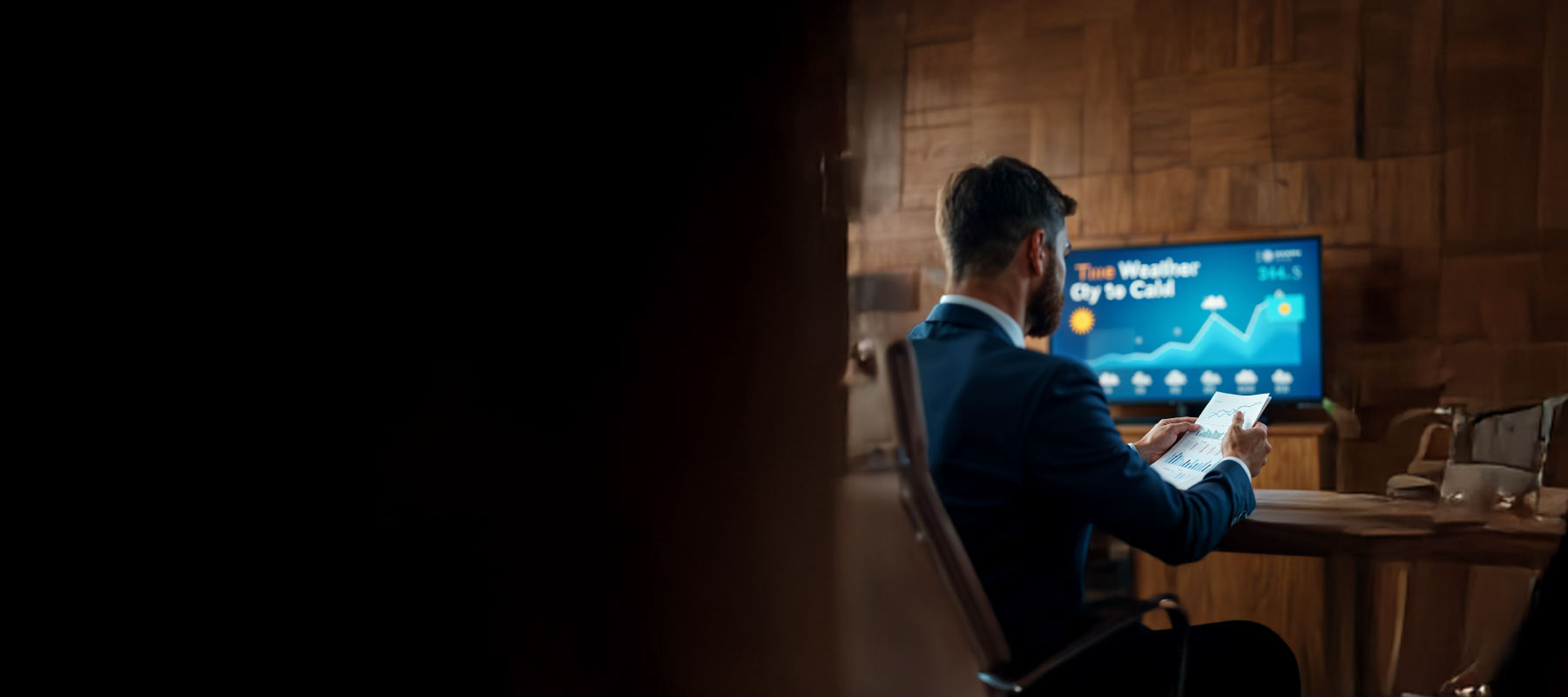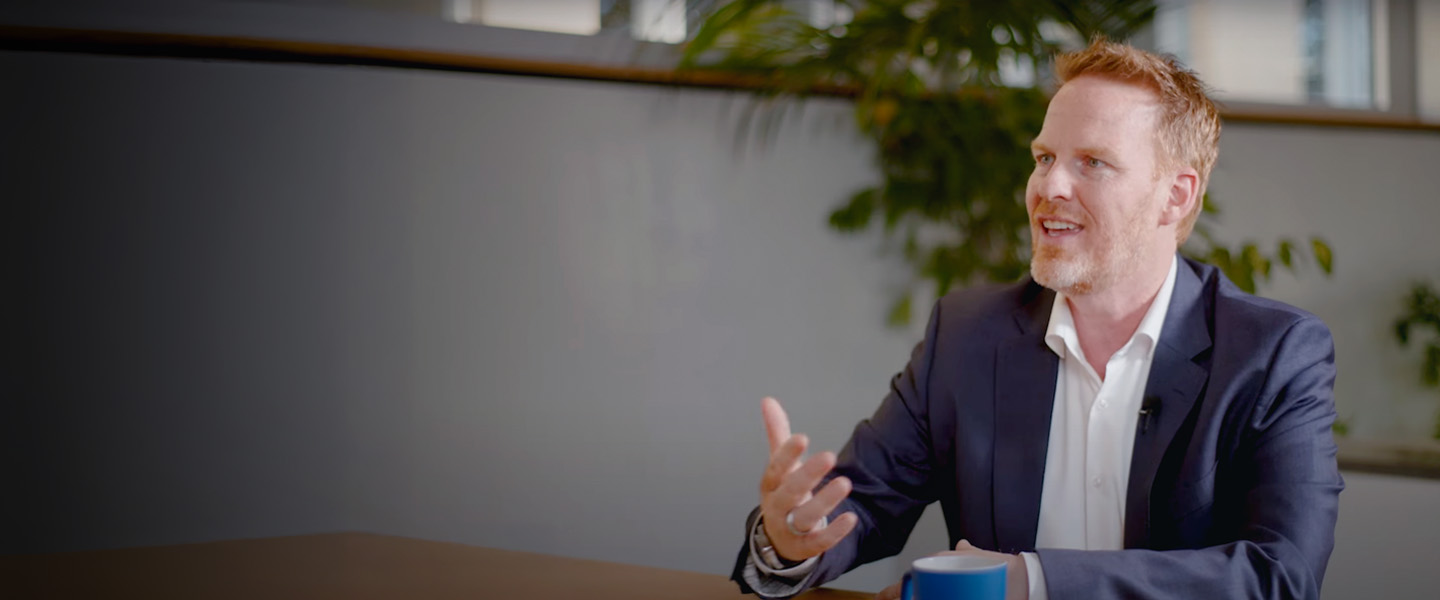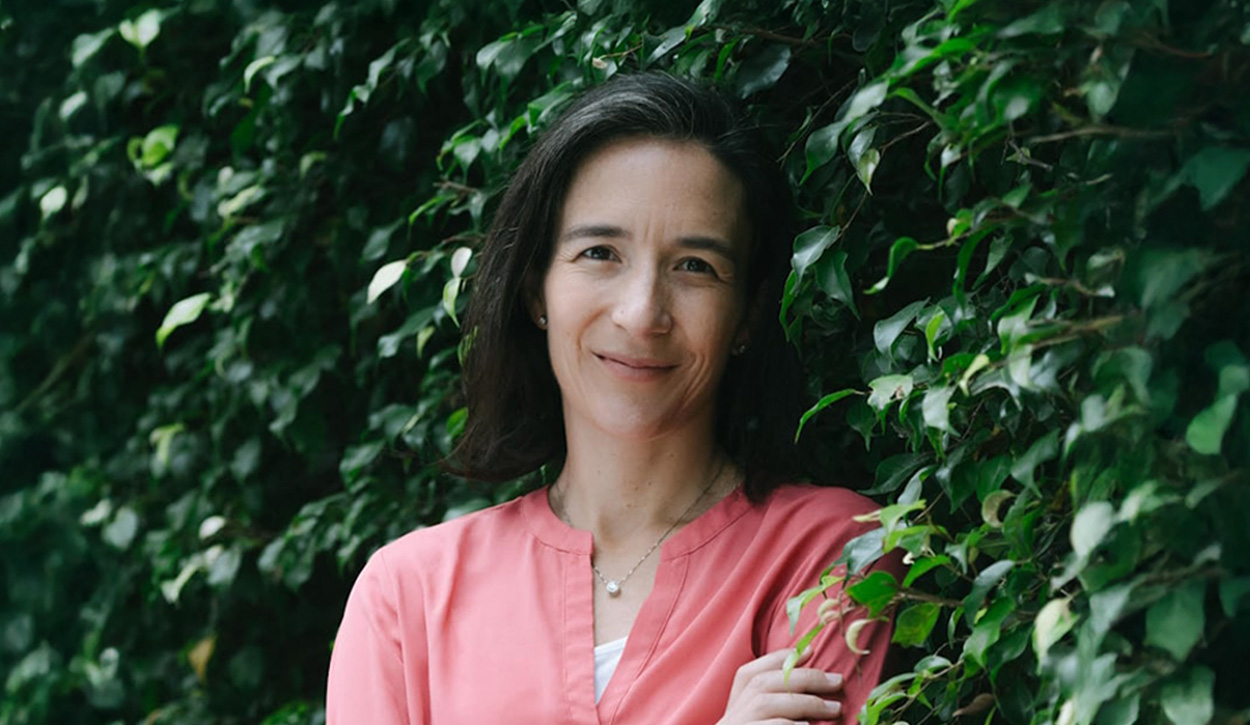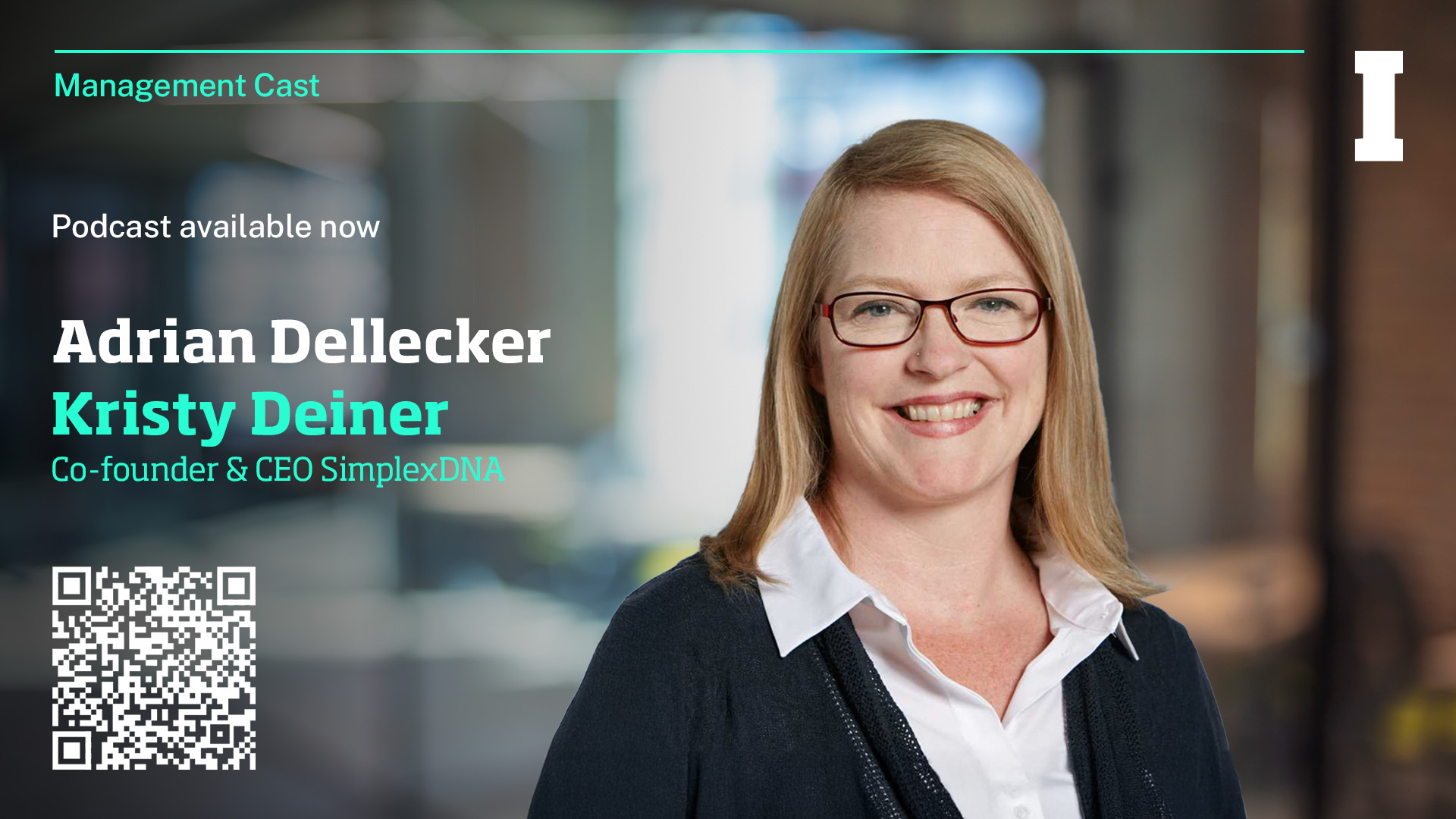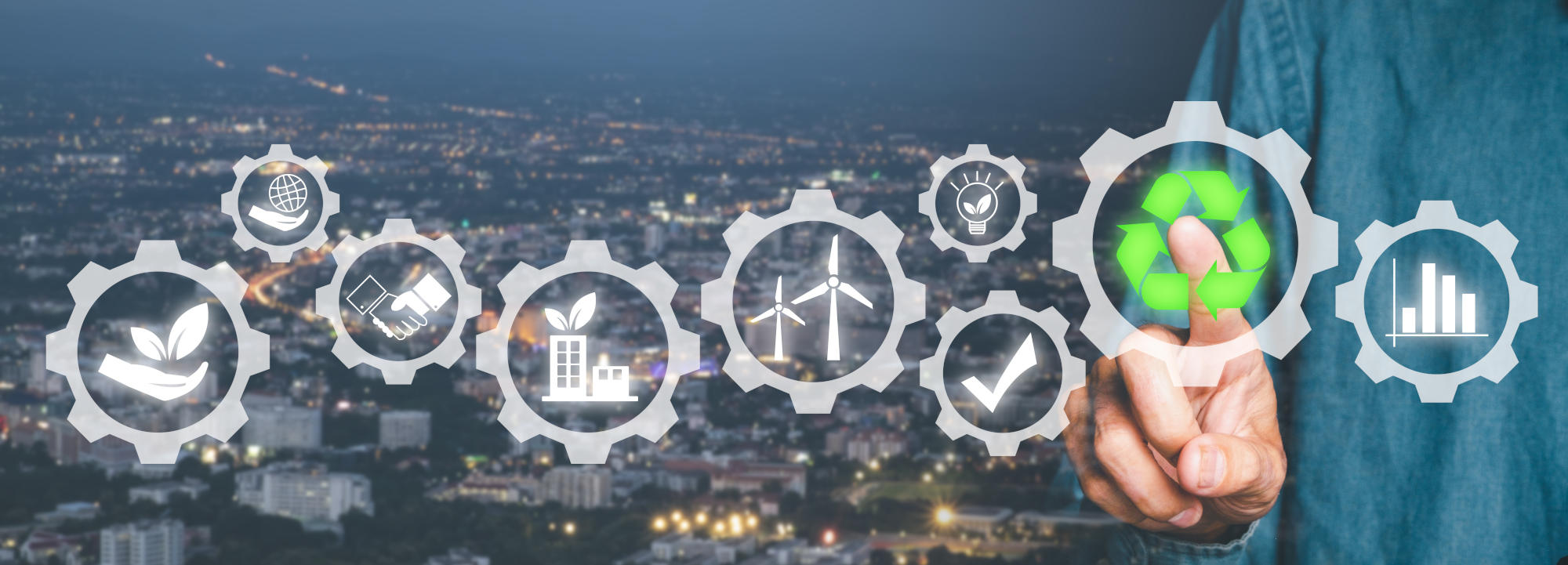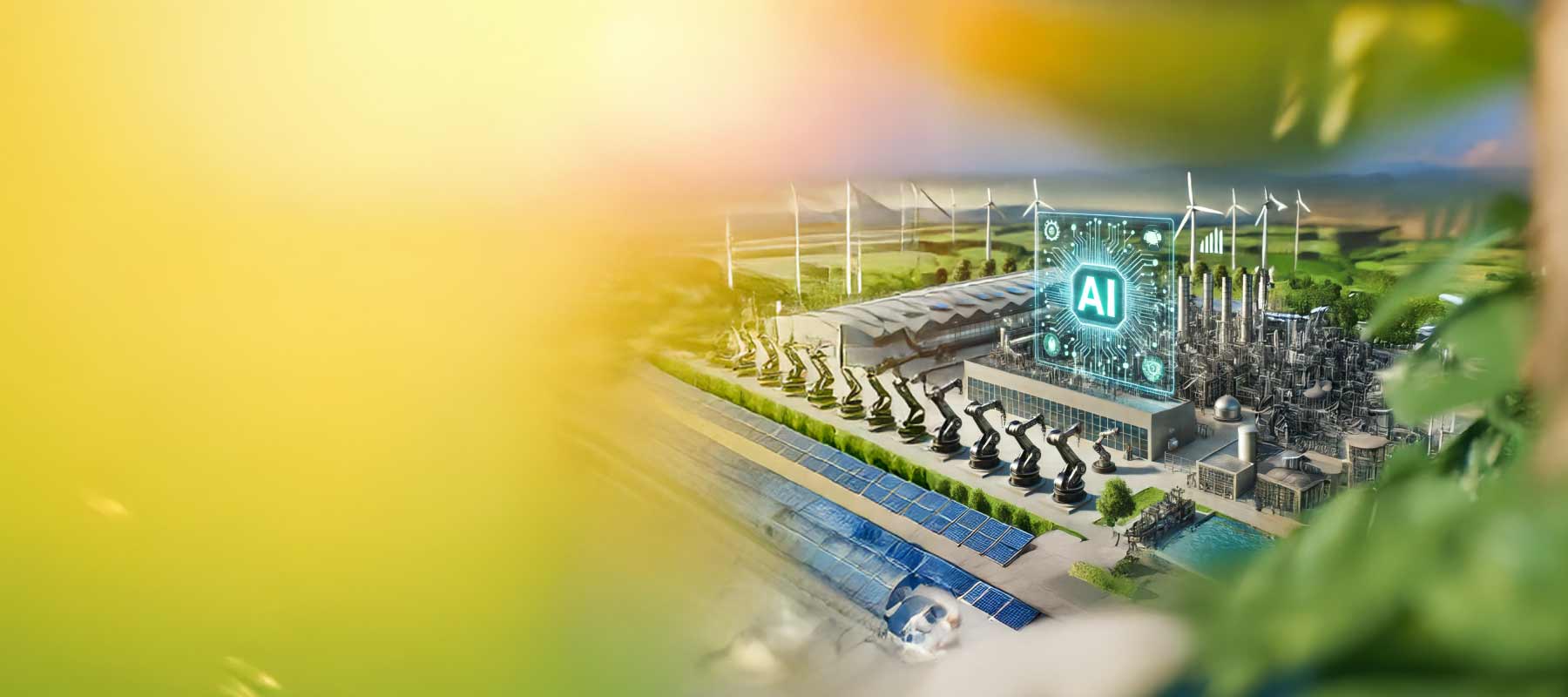
The 9 steps businesses can take today to fight climate change, racism and poverty
The global pandemic has magnified the connections between business and society. If the world is to meet the UN SDGs by 2030, the health crisis as well racism, intolerance, inequality, climate change, poverty, hunger, and other interrelated global challenges will require cross-sector collaboration to chart a course for a sustainable future.
The next ‘Decade of Action’ for the SDGs creates opportunities for innovation and investment that will contribute to positive societal change. Achieving the Global Goals could create US$12 trillion in market opportunities in four economic systems: food and agriculture, cities, energy and materials, and health and well-being, according to the Business & Sustainable Development Commission.
IMD faculty have identified 9 key innovations that will contribute to business and societal transformation in the Decade of Action:
Carbon Capture Mitigates Climate Change
Over the next decade we will make certain technological breakthroughs that will contribute to a more sustainable future. Specifically, I see a lot of innovation around carbon capture (pulling carbon dioxide out of the air) and also in new ways to store carbon dioxide. For example, Microsoft has made a huge climate commitment around this and announced that they will invest $1 billion to accelerate the development of carbon reduction and removal technologies to “help us and the world become carbon negative”.
Digital Ethics Comes to Forefront
Digital transformation, motivated both by competitiveness and unprecedented remote work, is now a top priority for a significant portion of businesses. As a result, disruptive technologies such as AI, IoT and data driven business models are re-shaping our businesses and society. Byproducts of this fast reform are the negative and unintended consequences of data and algorithms, leading to their unethical applications.
Achieving the SDGs, especially in terms of eliminating inequalities and discrimination, will require executives to ensure, for instance, that their hiring algorithms are not gender biased, or automated decision making does not put people of color in less favorable positions, or consumer personal data is not compromised after a cyber-attack. Growing consumer expectations around ethical businesses will become the norm in 10 years, pushing organizations to offer digital solutions that are secure and privacy preserving by design, and algorithms free from bias.
Marketing Drives Behavior Change
We need to organize a more efficient and a more equitable use of the world’s resources, and marketing has a special role to play. Why? Because a) Marketing’s role is to scan the environment and bring the “new reality” within the firms, b) Marketing is about persuading customers to change attitude and behaviors, and c) Marketing plays a key role in developing new offerings and business models. A new breed of marketing executives will thus harness four additional tasks in addition to their current responsibilities. First, they will promote a more effective consumption of goods and services. Second, they will co-organize more efficient development and production processes. Third, they will spearhead the development of both the sharing and the circular economies. Fourth, they will advocate for the development of inclusive business models. Against all odds, Marketing may thus be well positioned to become the “mother of sustainability”.
ESG Investment Goes Mainstream
2020 appears to be the turning point for sustainable investments. Alerted to calamities like pandemics, wildfires and floods, the younger generations are changing their mindsets. Attaining financial objectives is still good, but it is no longer enough. The adoption of ESG practices is spreading widely. The ESG avantgarde is now joined by leaders in the financial industries, who advise a growing number of responsible investors. Not to be left behind, strategic leaders need to develop – rapidly – capabilities to reconcile seemingly conflicting goals of their stakeholders. The strategic directions they give their companies must generate superior returns and sustain the future for all.
The Rise of The Next Generation of Owners
Family businesses make up two-thirds of all businesses in the world and therefore significantly contribute to the world economy and society-at-large. We are witnessing a major mindset shift amongst the owners of firms around the world. This shift is, in part, driven by the next generation, who are slowly moving into more significant roles – either as owners or in the governance of their businesses, family offices or philanthropic organizations. Throughout the board we see a growing desire to not only do well, as a business, but also do good, and to leverage the privileged position and influence as a force for good. As a consequence, many family businesses are undergoing massive business model transformations in order to take a more equitable and sustainable multi-stakeholder approach. We believe that the most influential enterprising families, who have great leverage, are the single most important driver of change towards a more sustainable future and for successfully achieving the SDGs.
Blended Finance Creates Solutions
Blended finance has a big role to play in the coming decade if we want to achieve the Goals by 2030. Cross-sector collaboration via blended finance can help de-risk transitions to sustainable business models. Innovative investments are risky and often force firms to address negative externalities, which may not have immediate payoffs. Understanding this and knowing how to bring in other stakeholders to simultaneously build long-term value and drive social change can help managers position their firms for competitive advantage and increased long-term profitability. Blended finance forces firms to have “skin in the game.” But it also plays to the strengths of government and non-profits. Public actors step in to offer financial guarantees while civil society monitors the social/environmental impact.
Dismantling Barriers to Gender Equality
Gender inequality is one of today’s greatest social injustices. Over the next decade, to really tackle this issue and thus make a real impact, a primary focus will need to be on the barriers encountered by women at work. To this end, increasing stakeholders’ pressure on corporations around the world to realize gender equality in their workplaces will be crucial to accelerate this process and achieve a more sustainable development for societies at large.
Supporting Smallholder Farmers
There is so much opportunity to improve on so many of the SDG goals through technological improvements, better practices, government regulations, investor and employee pressure. Take SDG Goals 1 and 2: No poverty and No hunger. Then focus on agriculture in Africa – where hundreds of millions of smallholder farmers exhibit yields that are far, far inferior to the global average. With simple improvements in knowledge transfer, better farming practices, improved irrigation, and efficient working capital management, despite the headwinds of climate change, pandemics, and social unrest, a huge difference can be made – no poverty, no hunger, and a sustainable food system for the continent.
Public Policy Accelerates Change
Over the next decade, shifting expectations from customers, employees and investors will become a more effective incentive for businesses to internalize externalities than government regulation. However, there are certain things the market cannot do, and smart public policy remains important. Taken together, the intensifying pressure from a range of ‘nonmarket’ stakeholders will make the transition to a more sustainable future easier – and more lucrative – than most sceptics currently assume.

Click here to watch all case study series
Research Information & Knowledge Hub for additional information on IMD publications
The rapid expansion of generative artificial intelligence (GenAI) has delivered significant business advantages, like enhancing automation, efficiency, and decision-making capabilities across industries. However, these innovations come with enviro...
in I by IMD
Research Information & Knowledge Hub for additional information on IMD publications
Research Information & Knowledge Hub for additional information on IMD publications
Research Information & Knowledge Hub for additional information on IMD publications
Research Information & Knowledge Hub for additional information on IMD publications
in I by IMD
Research Information & Knowledge Hub for additional information on IMD publications
in I by IMD
Research Information & Knowledge Hub for additional information on IMD publications
Research Information & Knowledge Hub for additional information on IMD publications
Research Information & Knowledge Hub for additional information on IMD publications
in I by IMD
Research Information & Knowledge Hub for additional information on IMD publications
in I by IMD
Research Information & Knowledge Hub for additional information on IMD publications



